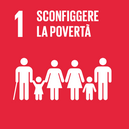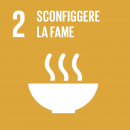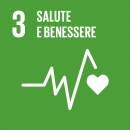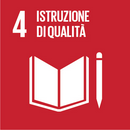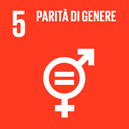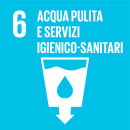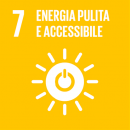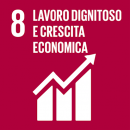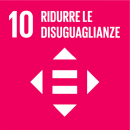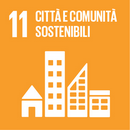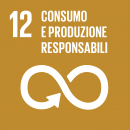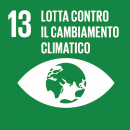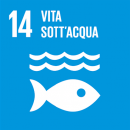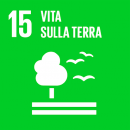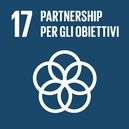The initiative
The next edition of the Sustainable Development Festival will take place just five years before the 2030 Agenda deadline. It is undeniable that the efforts made so far are not enough to fully achieve the Agenda’s goals. Over the next five years, it will be crucial to both accelerate global efforts towards the 2030 Agenda and begin discussions on the next global development agenda, which will inevitably require greater collective ambition.
The year 2025 is marked by key global events and commitments. To name a few: the new European Commission took office to continue the work of its predecessor. The Donald Trump assumed office as President of the United States, influencing decarbonization policies and the just transition. In Italy, the Jubilee will provide an opportunity to align Pope Francis' vision with concrete actions. Local administrative elections will foster debates on implementing sustainable development policies in different territories.
Against this backdrop, ASviS will organize the Festival with a format similar to the previous edition, hosting main events in different cities across Italy. Each city will host a dedicated stage of the Festival, focusing on specific sustainability themes:
- May 7 – The Festival kicks off in Milan, addressing the transition towards sustainable business and production systems.
- May 9 – The second stop will be in Genoa, at Palazzo Ducale, with a focus on biodiversity.
- May 13 – In Venice, the third stage will discuss territorial fragility, climate change, and the opportunities stemming from long-term planning and future-oriented strategies.
- May 15-17 – The next stop in Turin, within the Turin International Book Fair, will explore the role of culture, communication, and media in sustainability awareness and public engagement.
- May 19 – The Festival moves to Bologna, focusing on supply chains and their impact on sustainable consumption and production models.
- May 21 – In Naples, the sixth stop will tackle challenges in Southern Italy, such as regional autonomy, service disparities, and healthcare access.
- May 23 – The Festival concludes in Rome, where the event’s outcomes will be presented to institutions.
Alongside these main initiatives, hundreds of additional events will enrich the Festival’s program. The agenda will feature: conferences, workshops, book presentations, and performances; cross-sector collaborations, bridging culture, technology, media, and education; discussions on major sustainability topics, linking them to innovation, economic, social, and environmental scenarios, geopolitical issues, and global inequalities; contributions from experts across different fields, alongside key stakeholders; online training courses; artistic monument illuminations, concerts, and document presentations. The goal is to bring the 2030 Agenda closer to the public through engaging, diverse, and accessible content, leveraging the power of art, culture, and multimedia to inspire action toward sustainability.
This edition of the Festival will be the first after the mid-term "turning point" for the 2030 Agenda. For the whole world, and for Italy, it will therefore be necessary to accelerate efforts to make the transition to sustainability. This urgency, strongly reiterated at the 2023 SDG Summit by Heads of State and Government from around the world, is also necessary to respond to the many crises that have occurred in recent years, including but not limited to the pandemic, the Russian invasion of Ukraine and the conflict in the Middle East.
In this regard, the Summit on the Future promoted by UN Secretary-General António Guterres that will take place in September 2024, will be a crucial event to which all countries, the European Union and civil society must arrive prepared, with concrete proposals and ideas on which to develop policies in the coming years. In addition, June 2024 will see elections for the European Parliament, which will determine how the Union will pursue the ambitious sustainable policies initiated over the past five years, as well as local elections in many Italian municipalities.
The theme of urgency also applies to Italy, which will have to give substance to the constitutional reform of Articles 9 and 41 on the one hand, with the inclusion of the protection of the environment, biodiversity and ecosystems among constitutional rights, with a view to intergenerational justice, and continue to implement the National Recovery and Resilience Plan (PNRR), also consistent with the National Sustainable Development Strategy updated in 2023. Italy will hold the presidency of the G7 in 2024 and will therefore have to assume the leadership role of the world's most industrialized group of countries, directing their action and commitments.
Watch the example of the mobilization of the 2021 edition!
